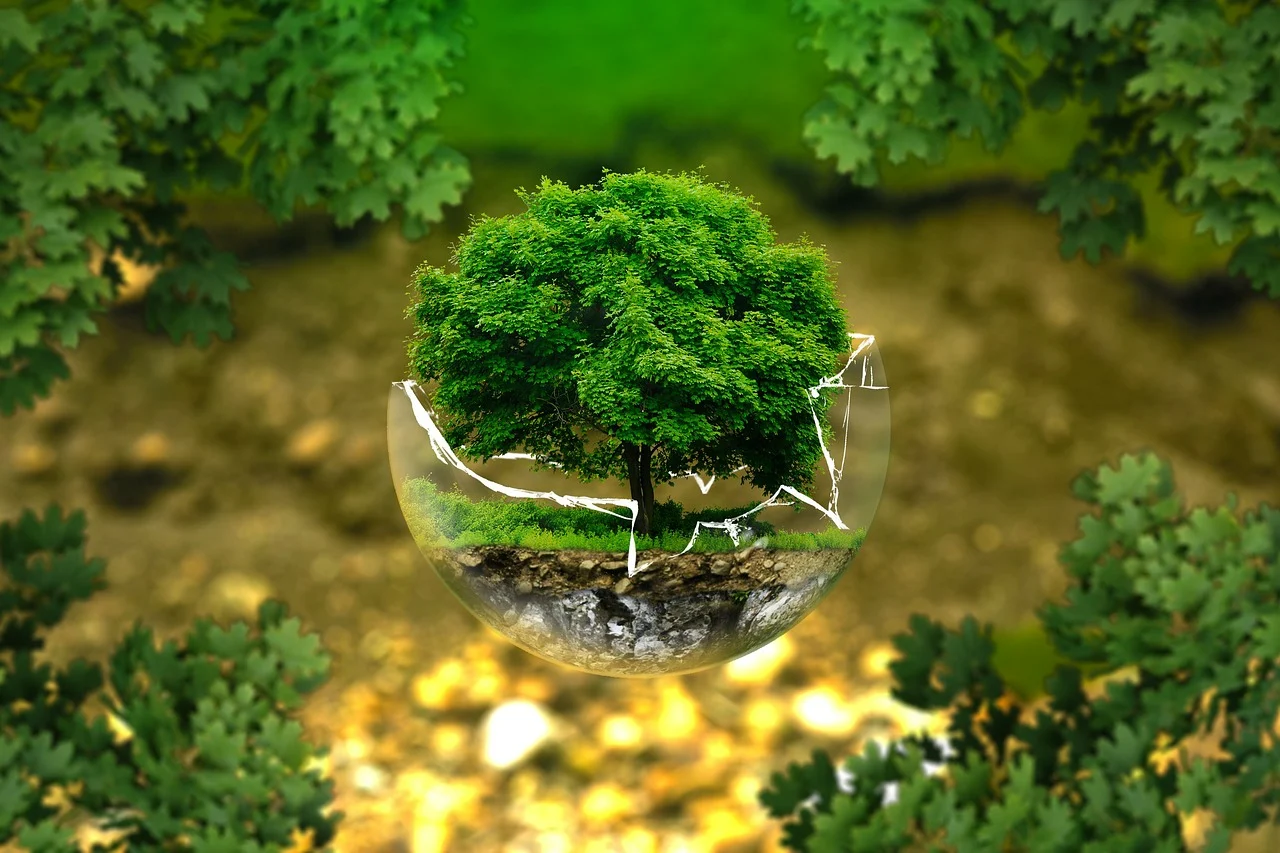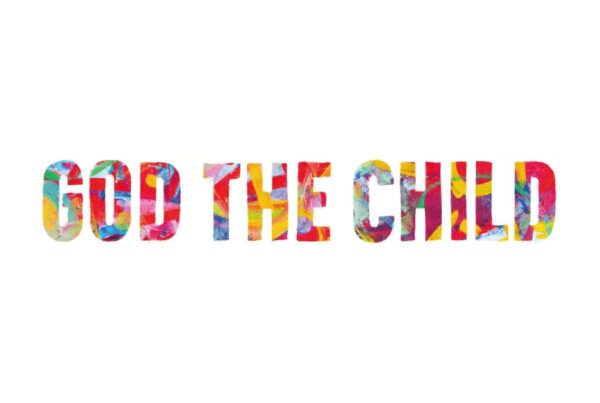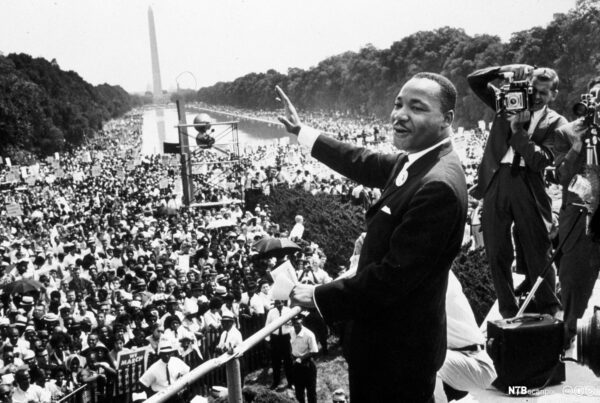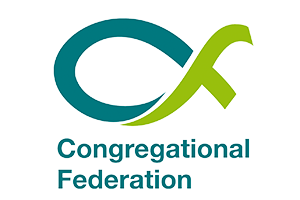How does the Bible help us to reflect on the serious environmental crises we are living through – that the COP26 talks tried to address and struggled to get agreement over – that governments struggle get properly on the agenda because tough, expensive and potentially-unpopular decisions would have to be made – that increasing numbers of people are seeing are vital, and seeking to protest about in all sorts of ways…??
I say “crises”, because there isn’t just one: climate change, depletion of resources of many kinds (from over-fishing and over-mining), loss of bio-diversity, our materialistic-throwaway society and the mountains of plastic we are creating (and not just mountains, floating continents of it – try Googling ‘the great pacific garbage patch’), pollution, (over-)use of chemicals such as pesticides and the poisoning that creates in rivers and seas and potentially causing fertility problems for humankind too. You see what I mean!
The Bible does not give us straightforward answers, not least because the Bible didn’t know about climate change – but also because there are some rather problematic texts. For example, take the Plagues of Egypt (find the stories in Exodus Chapters 7 to 12 ): in order to change Pharaoh’s heart and benefit the few hundred Hebrew people, God orders the plagues. Frogs, gnats, rivers, and so on – not to mention the first born of all cattle and children – suffer. What had other-than-human creation done to deserve that? Nothing. Jesus curses a fig tree (Mark 11) because it wasn’t bearing fruit at a time when fruit wasn’t in season – to teach about unfaithful religious leaders? What had the fig tree done? Nothing.
I could expand on such texts but I won’t here. Instead, I offer four (sorts of) texts I find helpful:
- Texts that address the place of humankind in the whole of creation. As we read the first creation story in Genesis chapter 1, we meet the familiar pattern of creative acts: God speaks an aspect of creation into being, creation is obedient and appears, and God sees that each aspect of creation is ‘good’ – until we come to day six. Part way through the day, God sees all the living creatures and says they are good, but then creates humankind and we don’t get our own ‘good’. We only get a good at the very end of God’s creative activity (Gen 1:31) what say all that God had made and declared that it was “very good”. I think it’s helpful to remember this – humankind is part of all God made – that is the place we are good.
- Powerful texts that link human sin and the suffering of other-than-human creation.
The earth dries up and withers,
the world languishes together with
the earth.
The earth lies polluted
under its inhabitants;
for they have transgressed laws,
violated statutes,
broken the everlasting covenant. (Isaiah 24:4)
Why is the land ruined and laid waste like a wilderness, so that no one passes through? And the Lord says: Because they have forsaken my law that I set before them, and have not obeyed my voice, or walked in accordance with it, but have stubbornly followed their own hearts… (Jer 9:12-14)
“…the Lord has an indictment against the inhabitants of the land.
There is no faithfulness or loyalty,
and no knowledge of God in the Land.
²Swearing, lying, and murder,
and stealing and adultery break out;
bloodshed follows bloodshed.
³Therefore the land mourns,
and all who live in it languish;
together with the wild animals
and the birds of the air,
even the fish of the sea are perishing.” (Hos. 4:1-3)
I have underlined the words that explain why aspects of other-than-human creation are suffering: it’s about human sin. The way they behave, and the way we sin, has an effect on all God made and saw was “very good”.
- Texts that express hope for creation. Romans 8 tells us that all creation is groaning in expectation of salvation and Colossians 1 tells us that, through Christ, God is pleased to reconcile “all things” to Godself. If we, humankind, are looking hopefully to national and world leaders, then let us remember that God holds out hope for transformation and wholeness in Christ for all that God has made.
- The Great Commandment (Mark 12). I often conclude talks, or sermons, about environmental issues with this challenge: do we love God the creator enough also to love all God made? And do we love our neighbours (including globally and in future generations) enough to care about our lifestyles affecting them?
What can we conclude then? I think we can conclude that, despite the problematic texts, the Bible challenges us not to be individualistic in terms of human neighbours, and also to see ourselves as part of the great community that is all creation.









